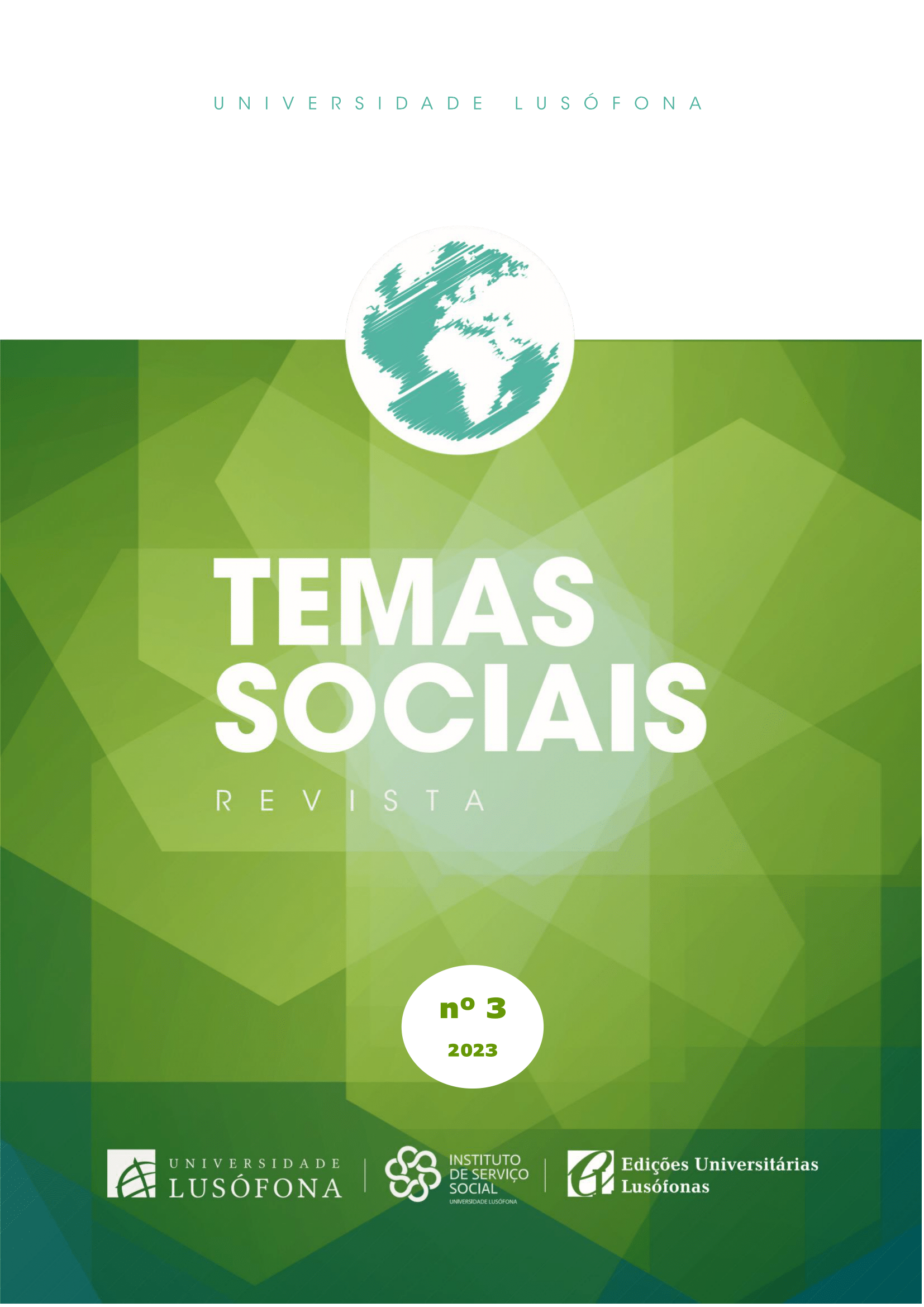The Second Chance School – Educating and Training to Insert – Lisbon: an analysis of Socio-educational Intervention
https://doi.org/10.53809/TS_ISS_2022_n.3_52-65
Abstract
Currently, there are seven Second Chance Schools (E2O – Escolas de Segunda Oportunidade) in Portugal, with the first one appearing in Lisbon in 2021, where an initial study on the profile of young people and a subsequent study on the impact that this service had on them were conducted, with the purpose of analyzing the characterization of young people from the Second Chance School – Educar e Formar para Inserir – Lisbon. The use of a qualitative methodology, process analysis technique and structured interviews concluded that at the beginning of the school year, all of the 25 teenagers were unmotivated with school, 14 were already absent and 6 were dropping out at the end of the school year, most of the teens reported that this socio-educational response will be an asset for the future and that they intend to continue studying. It is worth highlighting the great contribution of the social intervention technicians who systematically monitored them and, through resilience, always adopted different strategies in order to attract these teenagers to the educational path.
Downloads
Open Access Policy:
The Journal facilitates free, open and immediate access to its contents to foster the exchange of knowledge at a global level.
By submitting their work, the author(s) authorise the publication and dissemination of their work and are responsible for its content.
Code of Ethics:
The Journal is a digital tool that enables the dissemination of knowledge in a globalised society where technology, communication and information occupy a prominent place. The publication promotes equal opportunities facilitated by knowledge. To this end, the Journal is committed to the content it publishes, adopting a code of ethics based on the following principles:
1. The texts received must be original, by the author(s) alone and unpublished, i.e. they must not have been previously published, broadcast or sent to another publication.
2. Authors are responsible for requesting any authorisations necessary to publish their texts, with the respective reference to the sources consulted.
3. That organisation must authorise work funded by an organisation to disseminate the results.
4. the plagiarism detection tool in force will review all work received at Universidade Lusófona - Centro Universitário de Lisboa.
5. The articles received will be evaluated by two experts in the field, guaranteeing the anonymity of the author(s) and the evaluators.
6. Papers involving people as the research subject must obtain informed consent from all of them, with strict respect for the confidentiality of personal data and, if necessary, the decision of the Ethics Committee.
7. The list of authors should only include those who contributed intellectually to the work, i.e., who designed and carried out the research, wrote up and analysed the results and approved the final version of the text.



